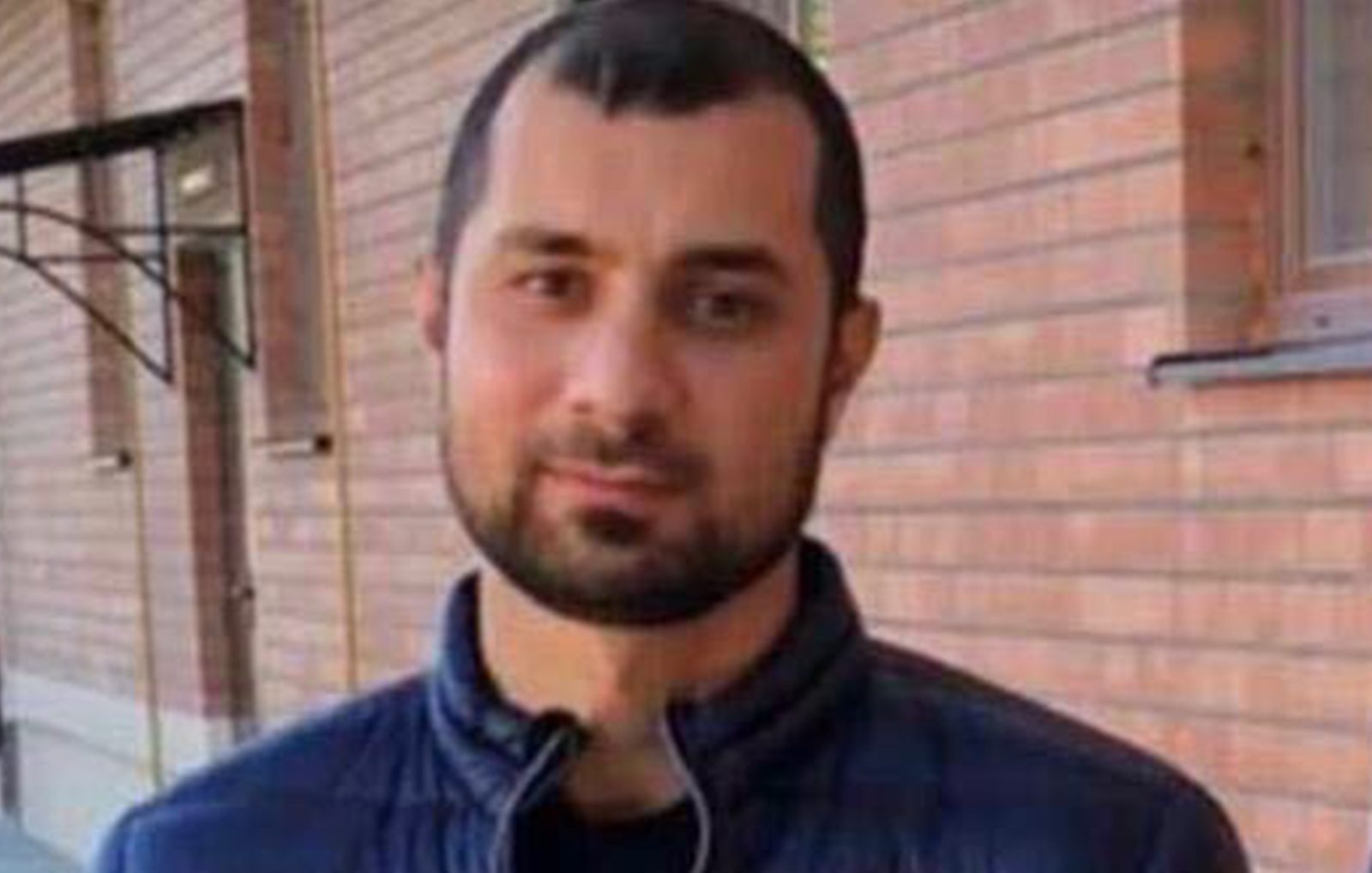

The Moore County Sheriff’s Office in North Carolina says that when a Special Forces officer assigned to Fort Liberty shot and killed a man who was taking pictures on his property in May, the soldier acted legally under state law.
“The homeowner’s actions were deemed justifiable under the North Carolina Castle Doctrine, which allows for the use of defensive force in situations where there is a perceived imminent threat to personal and family safety within one’s home or property,” the sheriff’s office posted on its Facebook page.
But the dead man’s brother told Task & Purpose he was surprised by the ruling and insisted his brother was a law abiding worker who fled to America to avoid the war in Ukraine.
On May 3, the unnamed Special Forces officer confronted Ramzan Daraev, 35, who worked for Cable Warriors, a subcontractor of Utilities One, and was conducting surveys in the area for a fiber optic expansion, according to the sheriff’s office.
Daraev was born in Chechnya and later moved to the United States. Daraev’s brother Roman told Task & Purpose no one in his family had ever worked for the Russian government, and he described speculation that his brother might have been a spy as “bullshit.”
In fact, Ramzan Daraev fled Russia to avoid being conscripted into the Russian military to fight in Ukraine, his brother said. After entering the United States through Mexico, Ramzan Daraev applied for political asylum.
Subscribe to Task & Purpose today. Get the latest military news and culture in your inbox daily.
“My brother was a very humble person,” Roman Daraev said. “He never did any wrong thing in this whole life.”
The shooting drew national attention because the shooter, who remains unnamed, is a Special Forces soldier and the man killed in the shooting had immigrated from Russia.
The officer’s wife called 911 twice during the incident, but it took more than 20 minutes after her first call for law enforcement to arrive at the scene because sheriff’s deputies were dealing with an unrelated life-threatening emergency, delaying their response, the sheriff’s office said.
Her second 911 call was much more urgent than the first. She pleaded for help to arrive while her husband could be heard yelling to her.
“She secured a rifle during one of the calls, reflecting the perceived level of threat,” according to the sheriff’s office. “The shooting allegedly took place shortly after the second call, just prior to deputies arriving on scene.”
A U.S. Army Special Operations Command spokesperson thanked the Moore County Sheriff’s Office for its due diligence and reaching a conclusion on the case.
The fact that Daraev was a Russian national prompted questions by the media about why he was taking pictures of a Special Forces officer’s home. Fox News noted that U.S. intelligence officers often pose as utility workers for surveillance missions overseas. However, the FBI did not open a counterintelligence investigation into the matter.
But the Moore County Sheriff’s Office investigation raised several questions about Ramzan Daraev’s conduct on the day of the shooting. It noted that he did not have any clothing or identification that showed he was a utility worker, and he was conducting the survey near dark close to private property without notifying the homeowners first, which is not a common practice in the industry.
Roughly two hours before the shooting, a sheriff’s deputy approached Daraev less than a mile from the officer’s residence and asked him to move his vehicle, which was partially blocking a roadway. The deputy documented the encounter and let Daraev go.
“Following the shooting, the sheriff’s office received multiple reports from concerned citizens of people being seen on private properties throughout the same general area earlier on the evening of the incident,” according to the sheriff’s office. “These individuals were believed to be associated with the group working with Daraev. None of the citizens making those reports were aware that the persons they observed on their properties were conducting utility work.”
The confrontation between the Special Forces officer and Daraev began around dusk. Investigators found maps that showed Daraev’s work area included a power pole about 115 feet from the officer’s home.
“Digital evidence confirmed that Daraev was taking pictures of power poles in the direction of the residence, which was reportedly perceived by the homeowner as taking pictures of the home and homeowner’s children,” the sheriff’s office determined. Reports from the homeowner indicated that Daraev had been much closer to the house than depicted in the last photograph held by Utilities One.”
The officer’s wife and their children were outside as Daraev was taking pictures. She told her husband, who tried to speak to Daraev and subsequently asked him to leave.
“According to the homeowner, Daraev became aggressive and refused to leave the property, at one point asserting that he was a Chechen national who had served in the Russian military and fought in Ukraine, although investigators have been unable to establish Daraev’s prior foreign military status,” the sheriff’s office determined.
The officer retrieved a handgun from his home and returned outside to confront Daraev while his wife called for help. Daraev allegedly became agitated during the altercation, repeatedly refusing to leave the property, and then lunging at the officer, according to the sheriff’s office.
“The homeowner reported firing several shots in response to Daraev’s advance,” the sheriff’s office found. “Under the North Carolina Castle Doctrine, the homeowner’s actions are protected, providing legal justification for using defensive force.”
